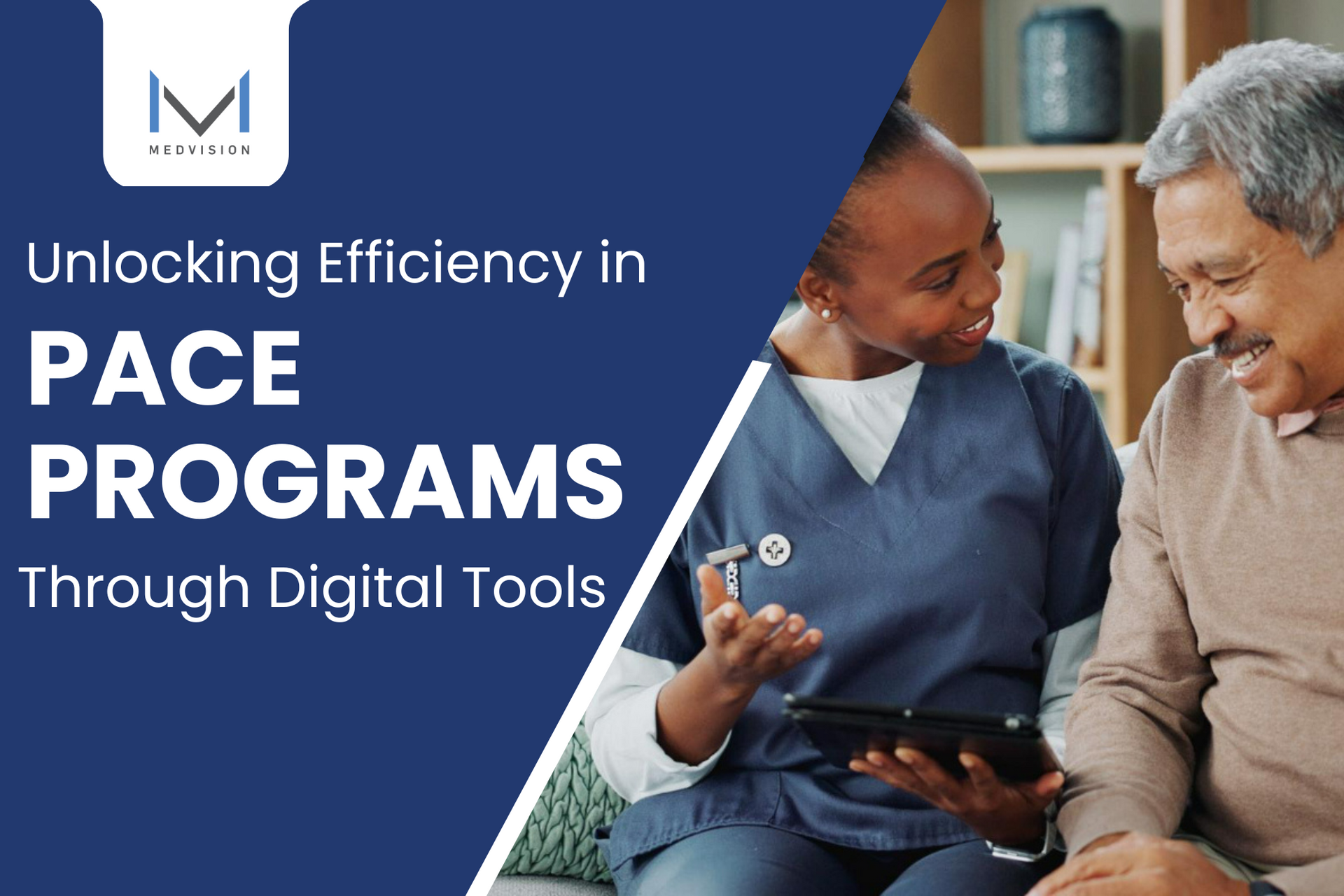Healthcare Contracting in a Value-Based Care Environment
The shift towards value-based care changed how healthcare providers and payers structure their contracts. How does value-based care work?
Value-based contracts align the compensation of healthcare providers with the outcomes they achieve for their patients, encompassing factors like the quality, fairness, and cost-effectiveness of care. By utilizing financial incentives and alternative approaches, value-based care initiatives strive to enhance provider accountability in advancing patient well-being.
As the industry moves away from the traditional fee-for-service model, understanding the intricacies of value-based contracting is crucial in ensuring the quality of care while controlling costs. With healthcare providers' growing challenges, how will they navigate value-based care contracting to achieve a more
collaborative and transparent healthcare ecosystem?

Understanding the Complexities of Value-Based Contracting
One of the primary challenges of value-based contracts is comprehending the various payment models that exist. These models can include bundled payments, shared savings, capitation, and more. Each model has its own set of rules, making it essential for both payers and providers to navigate this complexity effectively.
Read More: What are Provider Contracts & How Do I Manage Them?
Determining the proper performance metrics is also crucial in value-based care contracts. Measures like patient outcomes, quality of care, and cost control need clear definitions. Misalignments or ambiguity in these criteria often lead to disputes and hinder the overall success of value-based care arrangements.
The transition to value-based care contracting affects various stakeholders, including hospitals, physicians, insurance companies, and, most importantly, patients. Healthcare providers may experience financial uncertainty, while patients may face changes in how their care is delivered. Ineffective communication will prevent all parties from collaborating and adapting to these changes.
Read More: Common Managed Service Organization Contracting Issues
Implementing Effective Contracting Strategies
Change comes with growing pains, and practices navigating the constant developments in the healthcare industry experience this, too. To help practices thrive, creating and implementing effective contracting strategies is essential.
Translate Payment Models to Understandable Terms
Value-based care payment models involve complicated financial arrangements. Breaking them down into plain and simple terms helps all parties grasp the ins and outs of these models. It's like turning a daunting puzzle into a roadmap everyone can follow, making the world of value-based care much more accessible and engaging for everyone involved.
Read More: How Can Your Organization Adopt Value-Based Payment?
Maintain Transparency in Metrics Reporting
Transparent reporting of metrics is vital for successful value-based contracting. It involves giving payers and providers access to real-time data and comprehensive performance metric reports, building trust, and facilitating timely improvements. This approach allows stakeholders to closely track critical indicators, promptly identify areas for improvement, and collaboratively develop enhancement strategies.
Read More: Here's How Reporting Tools Software Increase Profitability
Establish Clear Communication
Contracts should offer transparent communication about payment calculations, ensuring fairness and enabling healthcare providers to grasp the financial implications of their actions. This transparency upholds equity and encourages providers to align their practices with value-based care objectives, fostering greater engagement and commitment to shared goals.
Charting the Path Forward for Value-Based Contracting in Healthcare
The future of value-based care contracting lies in collaborative efforts. Payers, providers, and value-based care networks must work together to define and refine contract terms, establish mutually beneficial incentives, and continuously monitor and adapt to changing circumstances. Collaboration fosters innovation and paves the way for a more patient-centered, cost-effective healthcare system.
Technology also plays a significant role in addressing the challenges of value-based contracting. An efficient contract management system can considerably impact your practice’s bottomline. By simplifying contract negotiations, you amplify service delivery, enabling physicians to focus on providing top-tier care, cutting operational expenses, ensuring regulatory compliance, and proactively addressing all possible risks.
At MedVision, we dedicate ourselves to empowering healthcare professionals and bolstering healthcare organizations. Our comprehensive healthcare administration software, QuickCap 7 (QC7), helps you effortlessly navigate value-based contracting. QC7’s intuitive features transform the entire contracting process into a seamless experience.
- Accelerate your contracting process with efficiently organized contract templates.
- Optimize your claim fee calculations with tailored service code rate configurations.
- Enhance contract clarity by specifying stipulations for each provider, organization, and health plan.
- And more!
Don’t Settle for Less. Unlock Unparalleled Value-Based Contracting Efficiency with QuickCap!
References:
- American Medical Association. “How Value-Based Care Is Making Payor Contracts Even More Complex,” March 21, 2022. https://www.ama-assn.org/practice-management/private-practices/how-value-based-care-making-payor-contracts-even-more-complex.
- Mikkers, Misja, and Padhraig Ryan. “Optimisation of Healthcare Contracts: Tensions Between Standardisation and Innovation Comment on ‘Competition in Healthcare: Good, Bad or Ugly?’” International Journal of Health Policy and Management 5, no. 2 (October 17, 2015): 121–23. https://doi.org/10.15171/ijhpm.2015.189.
- Teisberg, Elizabeth, Scott Wallace, and Sarah O’Hara. “Defining and Implementing Value-Based Health Care: A Strategic Framework.” Academic Medicine 95, no. 5 (May 2020): 682–85. https://doi.org/10.1097/acm.0000000000003122.
Recently published articles
Keep in touch
Subscribe to get the latest update
Trending topics
Share your insights on social media
Upcoming events and company news


















